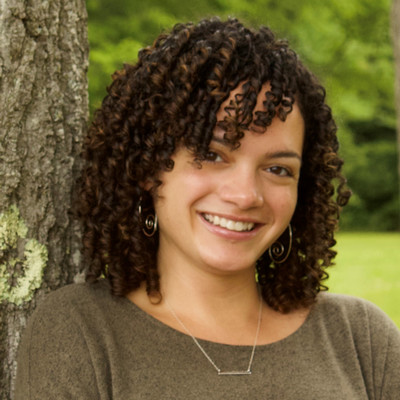 Disclaimer: This blog post reflects my personal views and experience in Heller’s MPP program. I cannot guarantee that it reflects the experience of all students of color throughout all Heller programs.
Disclaimer: This blog post reflects my personal views and experience in Heller’s MPP program. I cannot guarantee that it reflects the experience of all students of color throughout all Heller programs.
As a Graduate Assistant in the Admissions Office and a current student in the Masters of Public Policy program, I have the pleasure of interviewing many prospective MPP students. What’s interesting is that you all want to know one thing: Is Heller really the social justice school it claims to be? As a Black student and active rabble-rouser in the MPP program, I know the answer to this question very well: Yes.
First, let me be real with you, Heller is not perfect. There is a serious lack of diversity among staff and faculty that has been acknowledged by Heller leadership and is being addressed. The diversity within the MPP program is also lacking. However, this has increased every year during the past 3-5 years, which gives me hope. Both of these issues can easily lead to students only learning from a white, liberal perspective. To counteract this in the short-term, professors are transforming their syllabi to reflect a greater diversity of perspectives. It’s apparent by the way Heller addresses its shortcomings that, through all of its faults, this school still holds true to its motto of “Knowledge Advancing Social Justice.”
I’ve been blown away by the awareness of those whom I have encountered on staff and faculty regarding racial and economic disparities within America. (Note: The MPP program mainly uses a national lens. I cannot speak for the SID, COEX, or GHPM programs, but I would hope that they are just as aware.) Yet as good-intentioned and—for lack of a better term—woke as Heller staff and faculty are, intentions do not always reflect impact. For all of their awareness, they can still be blind to how these disparities affect their students.
The Fall 2020 semester was mentally and emotionally exhausting for many of us at Heller. I saw that this was particularly apparent among the students of color within my first-year cohort. Not only were our families and communities disproportionately impacted by the COVID-19 pandemic, but we also had to continually watch people who looked like us be killed by the police with little to no retribution. Moreover, we had to discuss these topics and other forms of oppression during class as if we weren’t personally affected by them. It was exhausting.
Our professors’ intent was to shed light on the drastic disparities experienced by people of color in America. Yet their impact was an endless stream of emotionally draining conversations, that, while important to have, are not easy for those with lived experiences to walk away from. It’s not easy for us to turn off these topics in our head and focus on normal coursework. Heller needed to understand this.
The students of color throughout Heller’s MPP program came together that semester to write a letter to Heller leadership requesting more support from faculty and staff, such as: providing more spaces for us to heal together, in-class acknowledgment of our lived experiences, safe pathways for students to vocalize their needs, and more. To our surprise, Heller leadership responded immediately and worked with us to implement the changes we requested. We felt seen and heard by those in positions of power. There is still much work to be done, but that experience was confirmation that we had chosen the right school, a school whose commitment to advancing social justice stands firm, even if it has to reevaluate its own system to do so.
